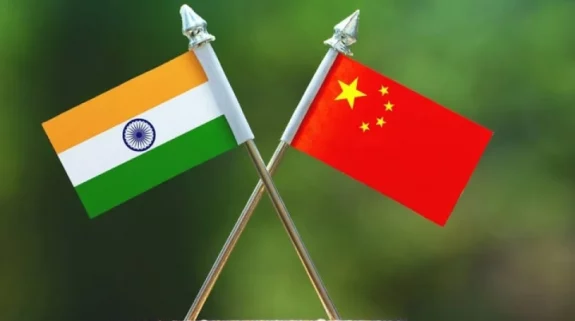Ahead of the World Trade Organisation’s (WTO) July 15 deadline for its member countries to come up with a ‘clean and complete’ fisheries negotiation text to be presented to trade ministers to help them reach an agreement, experts asked developing countries including India to ensure that the interests of low-income and resource-poor fisherfolk are protected.
Speaking at a webinar on ‘Fishery Subsidy and the Discussions at the WTO: Issues, Prospects and Way Forward’, Mukesh Bhatnagar, Professor, Centre for WTO Studies, Indian Institute of Foreign Trade, said India is looking to use the Special and Differential Treatment (SDT) mechanism to make sure that low income, resource-poor fishers, or livelihood fishing as well as fishing-related activities of developing countries in their respective territorial waters (12 nautical miles from the shores of the coastal state) are protected through an exemption from the ban on subsidies for unreported and unregulated fishing.
A recent draft text put out by the WTO Chair of the negotiations has proposed a two-year time period (from the date when the final agreement enters into force) for developing countries including the least developed countries (LDCs) to do away with the exemption from subsidies for Illegal, unreported and unregulated (IUU) fishing (for fishing-related activities of their poor fishers).
According to the draft text, two years as the applicable time period can be a starting point for discussing this provision. However, experts said there are many points (including those related to this timeline for exemption from the ban on subsidies as well as the definition of what constitutes ‘artisanal fishing’) in the draft text that are yet to be agreed upon by the members.




















